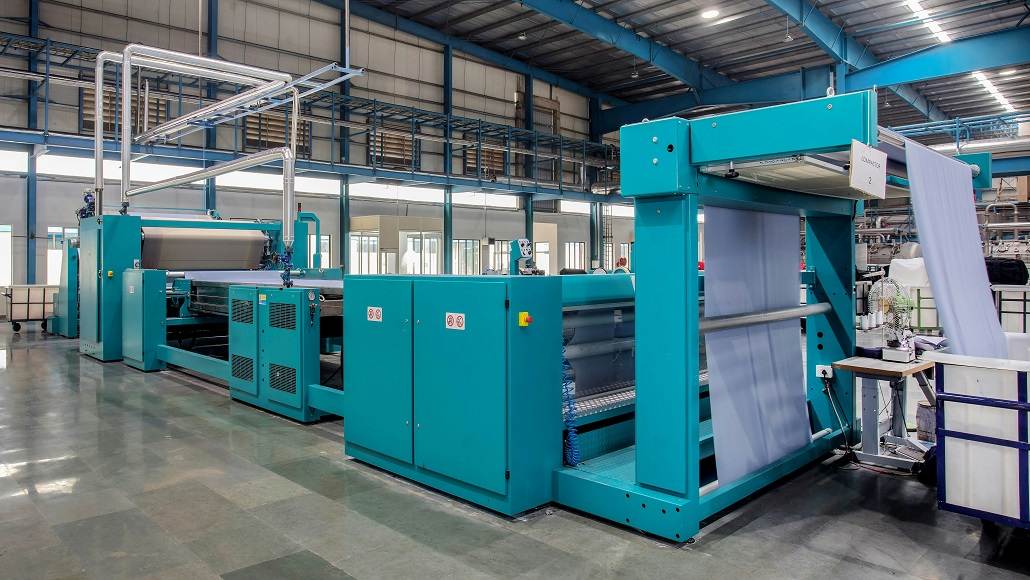The Government of India’s Ministry of Heavy Industries has postponed the implementation of the Quality Control Order (QCO) on textile machinery until September 2026. Initially set to take effect in August 2025, this delay comes as a response to persistent appeals from stakeholders within the textile industry.
The QCO outlines compliance requirements for weaving and embroidery machinery, as well as their assemblies and sub-assemblies, and was originally introduced as part of the Machinery and Electrical Equipment Safety (Omnibus Technical Regulation) Order on August 28, 2024.
Organizations like the Southern Gujarat Chamber of Commerce and Industry (SGCCI) have been prominent advocates for the withdrawal of the QCO. Former SGCCI president Vijay Mevawala remarked that the delay represents a “positive step” that will support the continued growth of the textile industry. Current SGCCI president Nikhil Madrasi views this postponement as aligned with the ‘Make in India’ initiative, aimed at boosting production capacity among Indian manufacturers and promoting local sourcing.
SGCCI leaders, including Vice-president Ashok Jirawala and former President Ashish Guja, recently met with Union Minister for Heavy Industries HD Kumaraswamy in Delhi. They highlighted the Surat MMF hub’s annual imports of 2,500-4,000 high-speed textile machines, many of which are not manufactured in India.
As investments in the MMF sector focus on advanced waterjet, airjet, and rapier machinery, there were calls for additional time to enhance local manufacturing competitiveness. The Centre’s decision to delay the QCO provides crucial relief for the sector, allowing it to adapt without causing major disruptions.

































